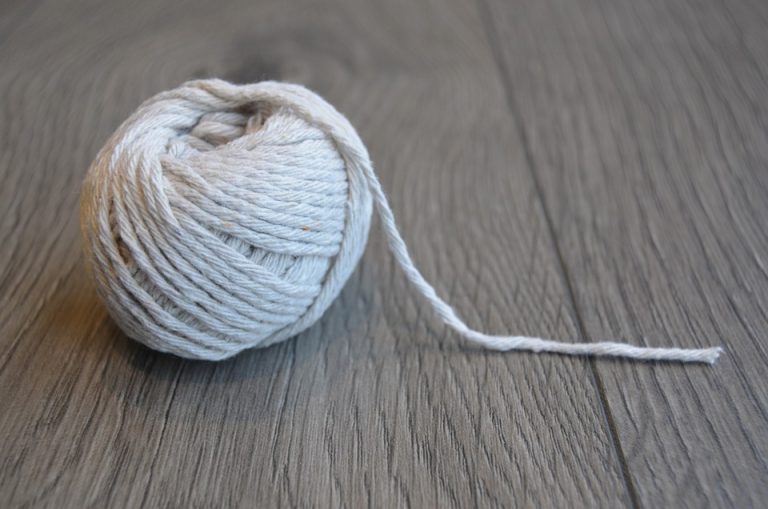When it comes to accessing clean water in your home, there are various options available, one of which is drilling a well. A well provides a reliable and consistent source of water for your household, but have you ever wondered how long a well can last? Understanding the lifespan of your water source is crucial for planning and maintenance purposes.
The lifespan of a well can vary depending on several factors, including the type of well, the quality of the water, the depth of the well, the geology of the area, and the maintenance practices followed. In general, a well can last for several decades if properly maintained and cared for.
A drilled well, which is the most common type of well, can typically last for 20 to 30 years or more. However, some wells can last for much longer, up to 50 years or even longer. On the other hand, a shallow well, which is typically dug by hand and not drilled, may have a shorter lifespan of around 10 to 15 years.
The quality of the water in the well also plays a significant role in its longevity. If the water is contaminated or has high levels of minerals or other impurities, it can affect the lifespan of the well and may require more frequent maintenance and treatment.
The depth of the well is another important factor to consider. Deeper wells are generally more durable and may last longer than shallow wells. The geology of the area, such as the type of rock and soil the well is drilled into, can also impact the lifespan of the well. For example, wells drilled in karst or limestone formations may be more prone to contamination and require more frequent maintenance.
Regular maintenance and monitoring of the well can help extend its lifespan. This includes regular inspections, water testing, cleaning, and disinfection. It’s also important to address any issues or repairs promptly to prevent more significant problems down the line.
In conclusion, the lifespan of a well can vary depending on several factors, but with proper maintenance and care, a well can last for several decades. Understanding the lifespan of your water source is essential for planning and budgeting for future repairs or replacements. By taking the necessary steps to maintain your well, you can ensure a reliable and clean water source for your household for years to come.

